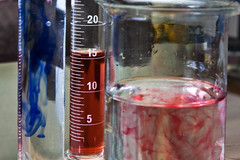 Image by Horia Varlan via Flickr
Image by Horia Varlan via Flickr
Tests for blood alcohol content are not infallible and can be tainted by any number of factors, including human error and faulty equipment. It is for that reason that good DUI defense attorneys never assume that tests results are accurate.
Case in point--in recent months, across the country, lab errors have resulted in the dismissal of DUI charges.
For example, as
reported at denverpost.com, 7 DUI cases were dismissed due to lab errors:
Colorado Springs authorities in December announced the discovery of errors and a review of results at the lab where the alcohol content in blood samples was higher than the true result...In all, the lab retested 7,892 blood alcohol cases dating back to 2006 and found a total of 206 errors. Of the nine affected cases, five defendants had served jail time.
In San Francisco, human error and tampering is alleged to have affected thousands of criminal cases. The lab test problems, which were initially thought to have affected only drug cases, may affect DUI cases as well, as explained in this ABC article:
The public defender's office says the shortcomings which the scandal exposed in the drug unit, may also pertain to DUI testing. They include sloppy work, lack of protocols and inadequate staffing..."One of the most critical pieces of evidence in a driving under the influence case is whether or not the person had alcohol in his system and how much," former San Francisco crime lab director Jim Norris said.
Elsewhere, in Pennsylvania, one county is taking matters into its own hands in order to save money. In Cumberland County, officials have decided to hire a phlebotomist rather than outsource blood alcohol testing. As noted at the Philadelphia DUI Blog, this new arrangement concerns local DUI attorneys:
"I worry about the chain of custody," said a Harrisburg Pa DUI lawyer, referring to the problems in administering the county's part-time blood lab. Indeed, many Pennsylvania lawyers feel that such blood tests, if done at the hands of the county, could pose problems relating to conflicts of interest and impartiality.
Blood alcohol testing is a critical area of concern and plays a key role in the evidentiary burden of the prosecutors. But if the evidence were left in the hands of the county prosecutors, isn't it natural that Pa DUI lawyers would have objection?
Prosecutors and law enforcement officers rely on lab test results to convict people of crimes, such as DUI, which can wrongfully deprive innocent citizens of their liberty if performed incorrectly. For that reason, accurate lab test results are of paramount concern.
The lab testing scandals in Colorado and California and the potential conflicts of interest raised by the newly proposed lab testing scheme in Pennsylvania are clear indications that we still have a long way to go. Innocent people continue to be wrongfully convicted of DUI every day, something that is inexcusable--and entirely preventable.
Visit Americas Top DUI and DWI Attorneys at
or call 1-800-DIAL-DUI to find a DUI OUI DWI Attorney Lawyer Now!
 Image by Horia Varlan via Flickr
Image by Horia Varlan via Flickr



![Reblog this post [with Zemanta]](http://img.zemanta.com/reblog_e.png?x-id=788ac73d-acc1-4d8c-9eb1-bd7013b8ba88)
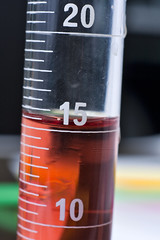
![Reblog this post [with Zemanta]](http://img.zemanta.com/reblog_e.png?x-id=48738c30-e35b-4e5c-8e23-175eaf187d96)

![Reblog this post [with Zemanta]](http://img.zemanta.com/reblog_e.png?x-id=3c8ba8a4-9cb5-4a29-af42-8167ae102082)

![Reblog this post [with Zemanta]](http://img.zemanta.com/reblog_e.png?x-id=67c8fd5c-3492-42d8-b432-6c93ba017963)
![Reblog this post [with Zemanta]](http://img.zemanta.com/reblog_e.png?x-id=6c0b9962-caff-446d-af2c-f48bff5dc1de)

![Reblog this post [with Zemanta]](http://img.zemanta.com/reblog_e.png?x-id=f391e3ce-eae5-4e5a-9470-df488ed1e391)

![Reblog this post [with Zemanta]](http://img.zemanta.com/reblog_e.png?x-id=c41f39c4-161e-4070-a95e-d7feeaf90308)
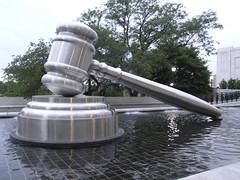
![Reblog this post [with Zemanta]](http://img.zemanta.com/reblog_e.png?x-id=7de67df4-f873-43ad-aa7a-66ce57a2fbc1)
![Reblog this post [with Zemanta]](http://img.zemanta.com/reblog_e.png?x-id=570f66af-c627-4286-9cd5-9591491d10e4)
![Reblog this post [with Zemanta]](http://img.zemanta.com/reblog_e.png?x-id=28bc332e-b675-4e8b-9af6-97fdc14da560)

![Reblog this post [with Zemanta]](http://img.zemanta.com/reblog_e.png?x-id=39144e0b-6e2b-469b-9f94-c52fdd7e4d01)

![Reblog this post [with Zemanta]](http://img.zemanta.com/reblog_e.png?x-id=1dcaa08a-926a-4b0e-9382-e1d344dee2bb)

![Reblog this post [with Zemanta]](http://img.zemanta.com/reblog_e.png?x-id=98acb167-4dd0-40b3-9c52-8838711e0cf0)
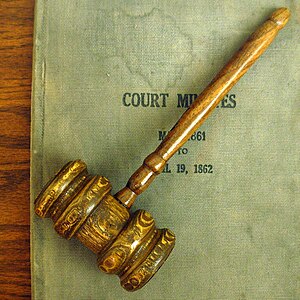
![Reblog this post [with Zemanta]](http://img.zemanta.com/reblog_e.png?x-id=a1952108-2742-4c15-9b2d-32aa320ac638)
![Reblog this post [with Zemanta]](http://img.zemanta.com/reblog_e.png?x-id=f0e78f3a-6bd2-4708-9b0e-831618ec1e7d)
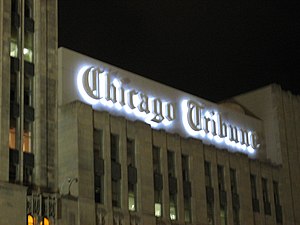
![Reblog this post [with Zemanta]](http://img.zemanta.com/reblog_e.png?x-id=f479ec5d-105c-40c4-a7ab-6a984152ac93)
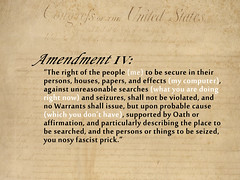
![Reblog this post [with Zemanta]](http://img.zemanta.com/reblog_e.png?x-id=20ca0e8a-52b2-43e2-bd3e-1d25b049c094)